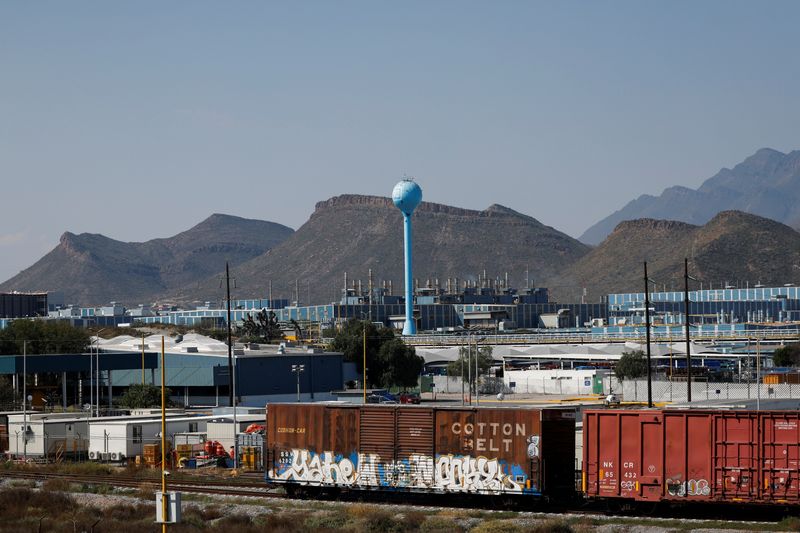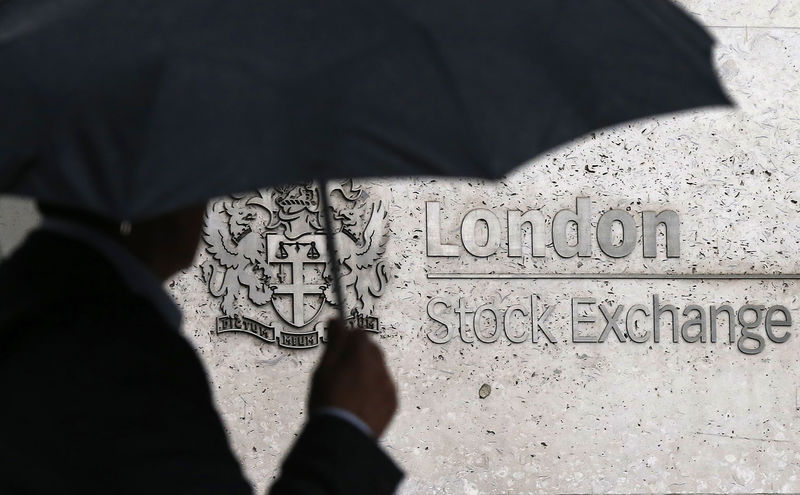By Sarah Morland
MEXICO CITY (Reuters) – Financial analysts on Tuesday reacted to a threat from U.S. President-elect Donald Trump to impose 25% tariffs on top trade partners Mexico and Canada when he takes office for a second term in January in a move that could trigger a trade war.
Mexico is the country’s top trade partner as of September, representing 15.8% of total, followed by Canada at 13.9%.
Trump also threatened “an additional 10% tariff, above any additional tariffs” on imports from China, the third-largest trade partner at 11.9%.
CAPITAL ECONOMICS
“We suspect investors may be under-appreciating the impact from Trump’s policies on Mexico,” said Giulia Bellicoso, a markets economist. “We suspect Trump’s tariffs will take a toll on Mexican equities by denting optimism about near-shoring and limiting investment into the country.”
“We expect Trump to start another trade war,” she added.
CIBANCO
“We believe Trump’s announcement is a tactic to negotiate with these three countries, his main trade partners, from a position of strength, taking into account that imposing tariffs would also be negative for the U.S. economy,” CIBanco said in a note.
“As such the final result of the tariff threat could be less severe once negotiations with the respective parties conclude.”
BANCO BASE
“The U.S.-Mexico-Canada Agreement (USMCA) will be reviewed in July 2026, which is expected to raise risk aversion especially in Mexico, as both U.S. and Canadian officials have mentioned that they would be better off with bilateral agreements,” Banco BASE said.
It added that the tariff threat “raises the likelihood that Trump’s second term will be more radical, which represents a risk for Mexico’s export sector.”
ALLIANCEBERNSTEIN

“As in previous instances of tariff threats, the exchange rate will play its role as a shock absorber reflecting the risks stemming from a persistent change in the commercial relationship,” said Armando Armenta, a senior economist at the asset manager.
“However, trade linkages among USMCA members run deep, and a cooperation agreement on the control of illegal drug trafficking, labor migration, border protection and goods trade could quickly reverse the move.”



